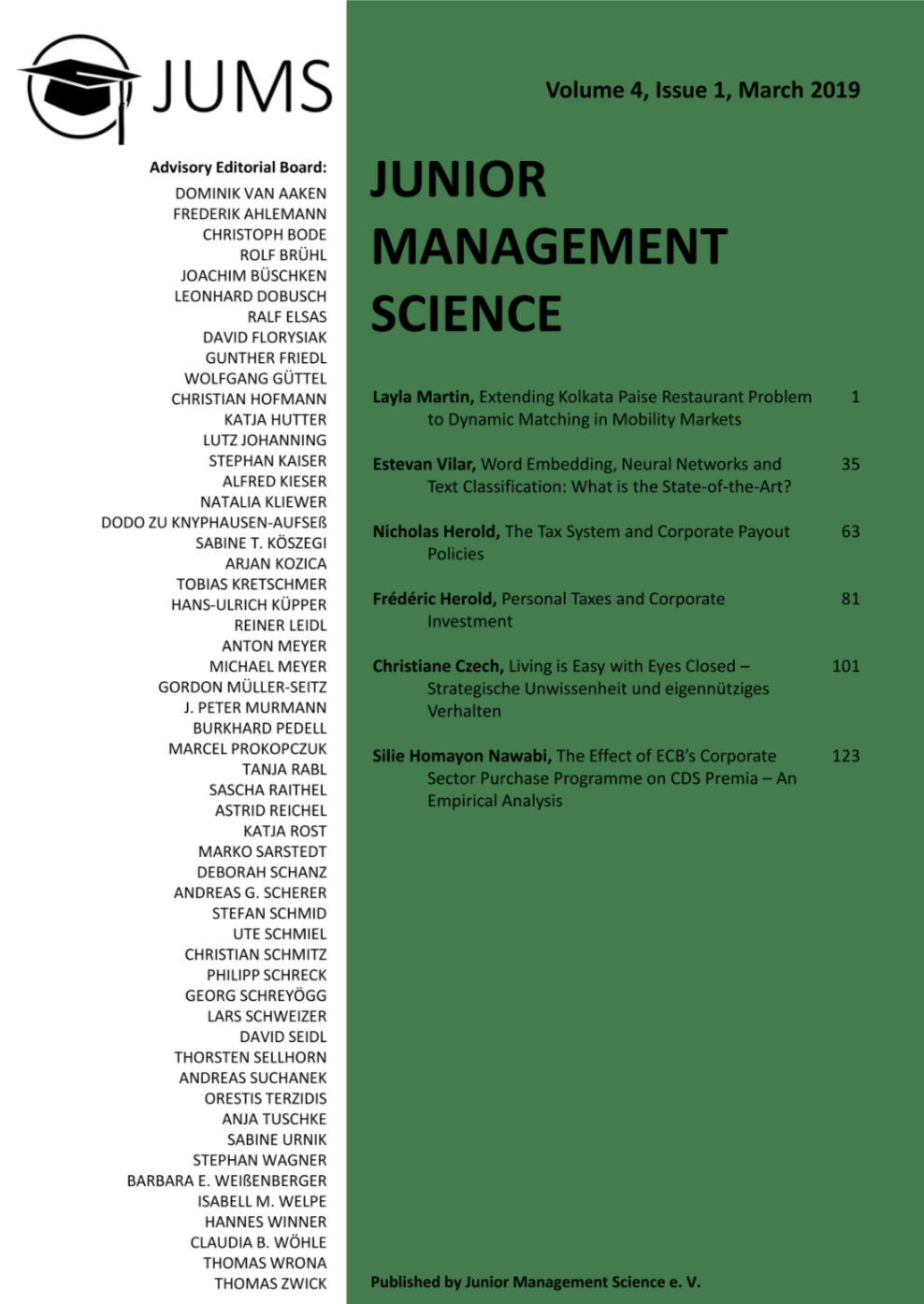Abstract
The issue of avoiding information about the consequences of one’s own actions is discussed intensively. Acting that way, makes it harder to be judged for one’s decisions. My bachelor thesis deals with strategic ignorance and self-serving behaviour. This paper aims to explore if people really avoid information to a high degree and whether there are certain situations or circumstances which influence these behaviour patterns. Four different experimental studies were used and compared to a large amount of literature. It is found that intransparency in situations allows for a moral “wiggle room” which makes people’s actions more egoistic. Also, people like to be seen as altruistic. By analyzing the Bayesian signaling model which introduces an agent caring about his self-image, his economic advantages and who has the opportunity to find out about social benefits and the cost of acting social, the findings show that willful ignorance can be an excuse for selfish behaviour and helps maintain the idea that they act up to their ideals. Looking at situations where people have to bring an effort, ignorance shows better outcomes because people work harder when they don’t know about the negative consequences.
Keywords: strategic ignorance; moral wiggle room; dictator games; self-serving behavior

